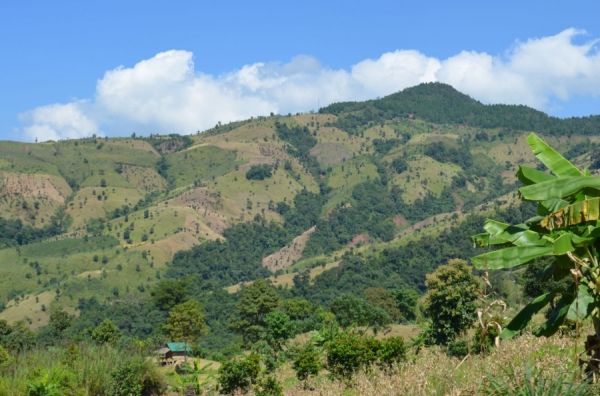Using multiple high-resolution satellite datasets, researchers from the Department of Civil Engineering at the University of Hong Kong (HKU) and Southern University of Science and Technology (SUSTech) found that tropical carbon loss has doubled over the past two decades due to excessive forest removal in the tropics.
The tropics are an important ecosystem as they store massive amounts of carbon in their woody vegetation and soil — but they have suffered from extensive forest clearance since 2001. The researchers analysed the gross forest carbon loss associated with forest removal in the tropics (between 23.5° N and 23.5 S but excluding northern Australia) during the 21st century. They revealed a two-fold increase in gross tropical forest carbon loss worldwide from 0.97 gigatons of carbon per year in 2001–2005 to 1.99 gigatons of carbon per year in 2015–2019 due to rapid forest loss.
The study has been published in the academic journal Nature Sustainability in an article entitled “Doubling of annual forest carbon loss over the tropics during the early twenty-first century.”
Given the key role of the tropics in the carbon cycle, the study poses serious implications. “The findings are critical because they suggest that existing strategies to reduce forest loss are questionable; this failure underscores the importance of monitoring deforestation trends following one of the new pledges made — to halt and reverse deforestation — by UN climate summit-the twenty-sixth Conference of the Parties (COP26) in Glasgow in November 2021”, said Professor Ji CHEN from HKU’s Department of Civil Engineering.
Read more at The University of Hong Kong
Image: Forest loss in sloping lands replaced by agricultural plantation in Nan province, Thailand. (Image Credit: Zhenzhong Zeng)


